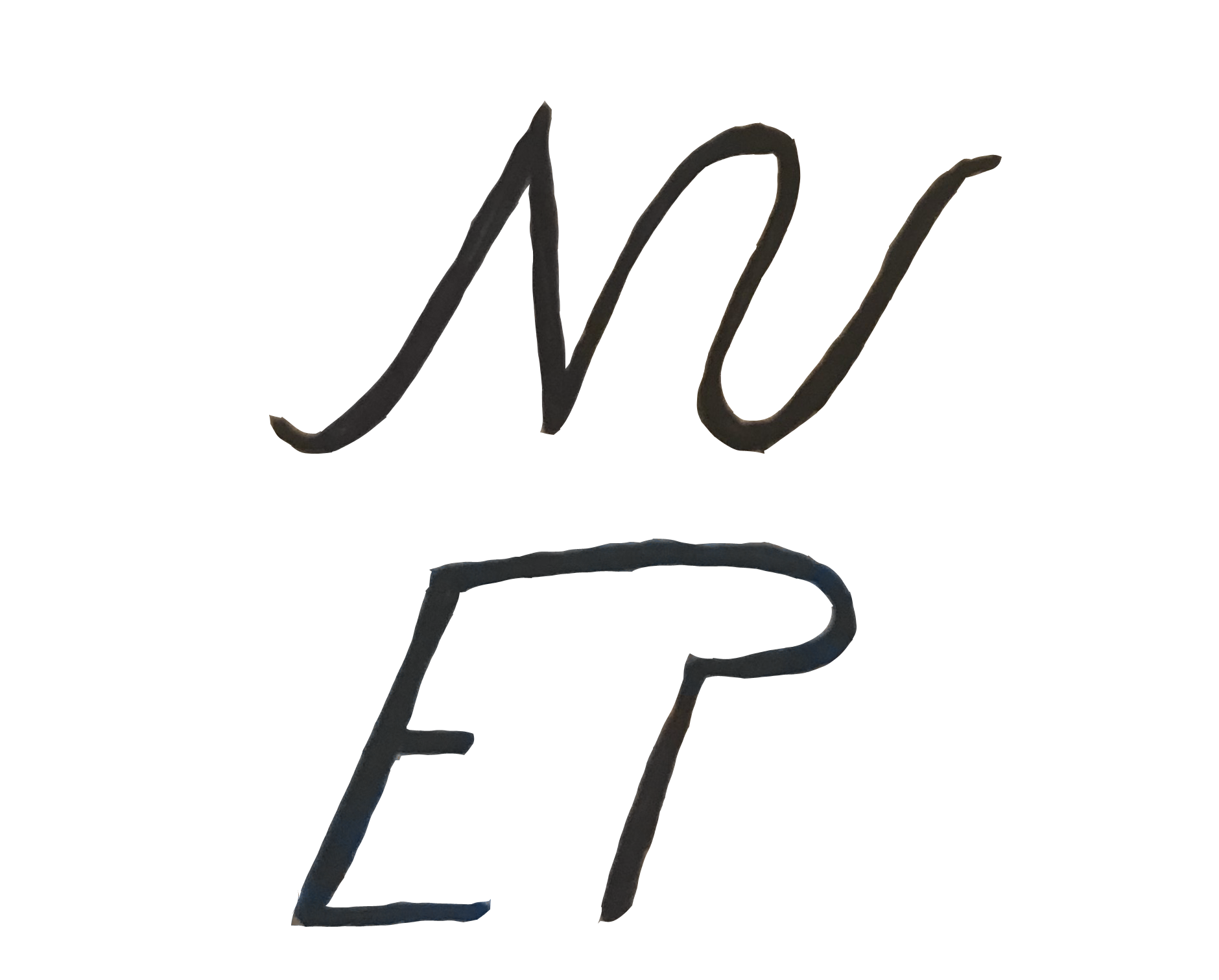Unfair and lovely
During my first visit in Malaysia, I was shocked to learn how widespread the use of whitening creams is in Asia: If there is one thing you can depend on finding in any supermarket, it is whitening creams, if not facemasks, oils and makeup removers with withering purposes as well. Whether you find them taking up more space than the shampoo selection or stuffed inbetween boxes of dried fruit and chocolates, these creams represent a long history of injustice.
Over the years, the search for "fair skin" has become a major money-making industry, but why exactly is that a problem? People who do not think these products have a cultural nor social impact, typically argue that it is harmless and will go on to compare the practice to tanning in the West. This, however, is not a valid comparison due to a very basic reason: On the one hand, you have tanning, which in most cases is simply a personal preference or merely a trend for a given period or group. On the other, you have skin-whitening in South Asia, which is a direct consequence of years of oppression. During British colonization the idea that lighter skin tones were superior were introduced. In conversation with two women I met on a trip to Ubud, they confirmed that darker skin tones are to this day considered to be dirty. They explained that the both of them would put on whitening oil before bed and wake up early every morning to put on specific makeup with the purpose of looking whiter and more “pure”. This underlines the significant difference there is between tanning and skin whitening. People with pale skin are never considered dirty in the West because they were never oppressed to believe there was something wrong with it in the first place. In Asia, this story is the opposite.
Although it all started with British colonization, the issue has grown in size due to the media and popular products such as Fair & Lovely, which one of the largest manufacturers of whitening products in South Asia. They are known for their big celebrity collaboration through which they secure even bigger audiences. In fact, Fair & Handsome (Fair & Lovely for men), has been endorsed by celebrities such as Deepika Padukone and SRK. The fact that celebrities with millions of impressionable fans are endorsing this kind of product, makes the fetishization of light skin gradually more deeply rooted, as each commercial tell the same story over and over: Lighter skin lead to success, making Fair & Lovely the solution to an unhappy life. To make matters worse, Fair & Lovely was launched by the British-Dutch company Unilever. In other words, the West is making profits from the skin whitening industry, thus making it even more problematic.
Companies like Fair & Lovely should be taken seriously because what they are selling are reinforcing toxic prejudice that can take a mental and physical toll on people. For instance, dark skin is hardly ever represented in South Asian media which gives young, impressionable people a distorted impression of the people they idolize and what they personally aspire to look like and their sense of self worth. This resulting in girls using fairness creams already at the age of 12–14. Adding to the dark side of these products, they often contain damaging ingredients. According to professor Zota from the George Washington University, fairness creams often contain hidden ingredients like topical steroids and the toxic metal mercury. Let’s agree: No, it is not just a cream. It is a cream created that was born out of oppressive colonial times, that continues to have a negative social, mental, and physical impact on South Asian people.
On a positive note, movements have started online to combat the issue. Tags like #unfairandlovely #darkisbeutiful #BrownNProud has surfaced. But there is still a long way to go if we wish to see the prejudice against dark skin go away in South Asia. India, Bangladesh, Malaysia, Indonesia, Singapore, Brunei, Thailand, Sri Lanka, Pakistan. These are only some of the countries in which Fair & Lovely is currently available. It is also exported to other parts of the world, where they are sold in Asian supermarkets. While Unilever has expressed: "90 percent of Indian women want to use whiteners because it is aspirational, like losing weight. A fair skin is like education, regarded as a social and economic step up." While Unilever is attempting to use this as an excuse for their behaviour, this statement reveals how deep the problem of skin colour runs. Skin colour should never determine social position, but unfortunately, it is a factor in many of the countries mentioned above. This is why we need to continue to raise awareness about the origin of these products and strengthen the belief that every skin color is beautiful and does not determine your worth nor “purity”.


